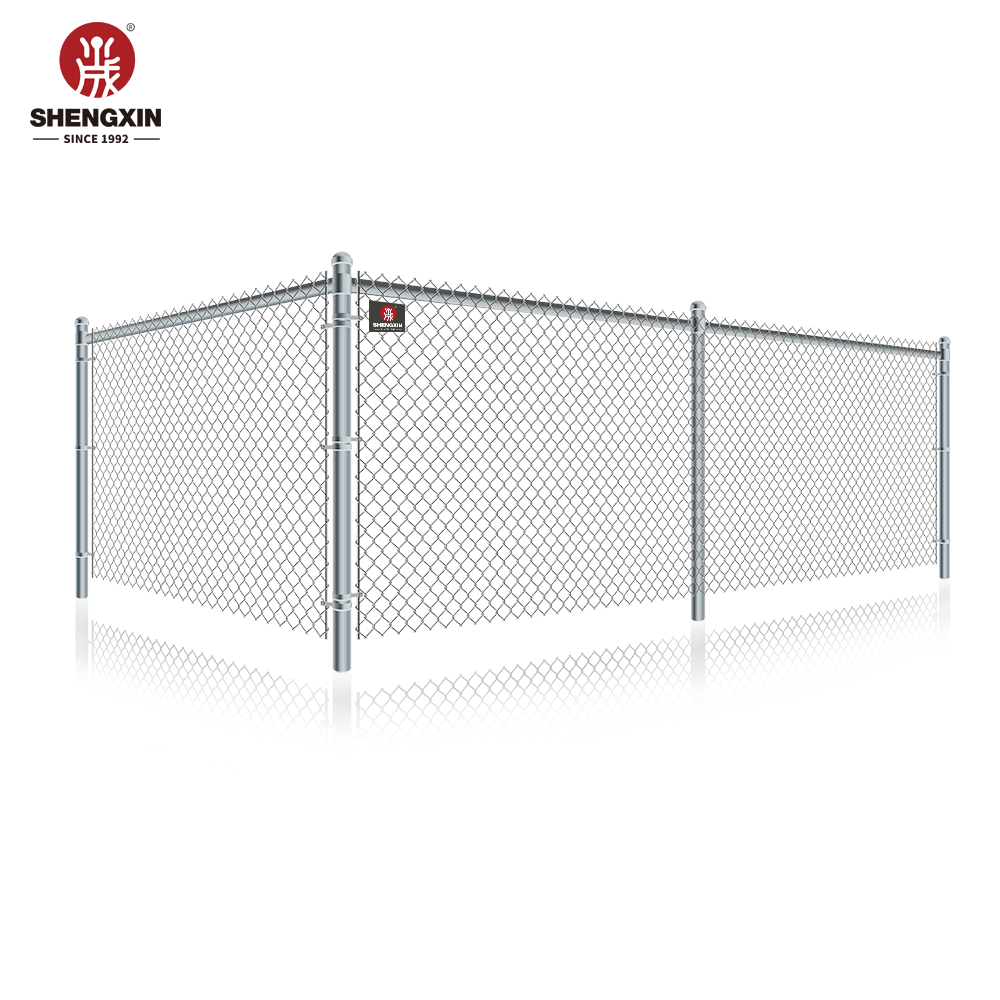
8 月 . 16, 2024 12:21 Back to list
Diamond Chain Link Fence Manufacturing Process and Quality Standards Explained
The Evolution and Significance of Diamond Chain Link Fences
Introduction
In the world of fencing, one type has stood the test of time due to its durability, versatility, and low maintenance the diamond chain link fence. This type of fencing has gained immense popularity across various settings, from residential areas to commercial properties, due to its unique design and functionality. In this article, we will explore the evolution, significance, and manufacturing processes of diamond chain link fences, particularly focusing on the factory production process.
The Evolution of Chain Link Fencing
Chain link fencing was first developed in the late 19th century and has since undergone significant innovations. The traditional chain link fence was made from heavy galvanized steel wires woven together in a diamond pattern, providing a strong barrier that was difficult to breach. Over the years, manufacturers have introduced various enhancements, such as vinyl coating for added aesthetic appeal and corrosion resistance.
The diamond shape of the links is not merely for design; it serves practical purposes as well. The open structure of the diamond links allows for excellent visibility and airflow, making it suitable for many applications, including properties that require security without sacrificing sight lines. Today, chain link fences are available in a range of heights, gauges, and finishes, catering to different needs and preferences.
The Role of Chain Link Fence Factories
When it comes to the production of diamond chain link fences, factories play a crucial role. Manufacturers invest in state-of-the-art machinery to produce high-quality fencing that meets rigorous standards. The process begins with the selection of raw materials, primarily steel wire. In many factories, the wire undergoes a galvanization process to prevent rust and enhance durability. This process involves coating the wire with zinc, providing a protective layer that extends the lifespan of the fence.
diamond chain link fence factory

Once the wires are prepared, they are fed into weaving machines that twist and interlink the wires into the iconic diamond-shaped pattern. The precision of these machines ensures uniformity and strength in the final product. After weaving, the fences may go through additional processes, such as coating with vinyl for color options and extra protection against the elements.
Quality Control and Sustainability
Quality control is an integral part of the manufacturing process. Factories often conduct rigorous testing on their chain link products to ensure they adhere to industry standards. This includes testing for tensile strength, flexibility, and resistance to corrosion. By maintaining high-quality standards, manufacturers can guarantee customer satisfaction and enhance the longevity of their products.
Furthermore, modern factories are increasingly adopting sustainable practices in their production processes. Utilizing recycled materials and minimizing waste can significantly reduce the environmental impact of manufacturing diamond chain link fences. Some factories even implement eco-friendly coating solutions to promote sustainability.
The Significance of Chain Link Fences
The widespread use of diamond chain link fences can be attributed to their practicality and cost-effectiveness. They serve multiple purposes; whether for securing a backyard, enclosing a commercial property, or providing a boundary for athletic fields, these fences offer reliable protection and delineation. Moreover, the transparent nature of chain link fences does not obstruct views, making them a favored choice for many homeowners.
Conclusion
In conclusion, the diamond chain link fence has evolved from a simple barrier to a multifaceted solution for security, aesthetics, and durability. The contribution of chain link fence factories in producing high-quality products cannot be overstated. With a focus on innovation, sustainability, and quality control, these factories continue to meet the diverse needs of customers worldwide. The diamond chain link fence remains a testament to the perfect blend of functionality and design in modern fencing solutions. As we move forward, it will undoubtedly continue to play a significant role in various sectors, proving its value time and time again.
-
868 and 656 Wire Fence Factory & Suppliers - Durable Security Fencing Solutions
NewsJun.24,2025
-
FENC 3D Mesh Fence – Durable, Secure & Easy Installation Custom Quotes & Factory Direct Supply
NewsJun.10,2025
-
Decorative Metal Fencing 3D Supplier – Custom Metal Screen Fencing Manufacturer & Pricelist
NewsJun.10,2025
-
High-Quality Metal Fence Panel - Durable Metal Brown Panel Fence Product & Exporter
NewsJun.10,2025
-
Lawn Chain Link Fencing - Durable & Affordable Solutions Secure Lawn Fences
NewsJun.10,2025
-
Heavy-Duty Metal Fence Posts for Deer Control Factory Direct Supplier
NewsJun.10,2025
